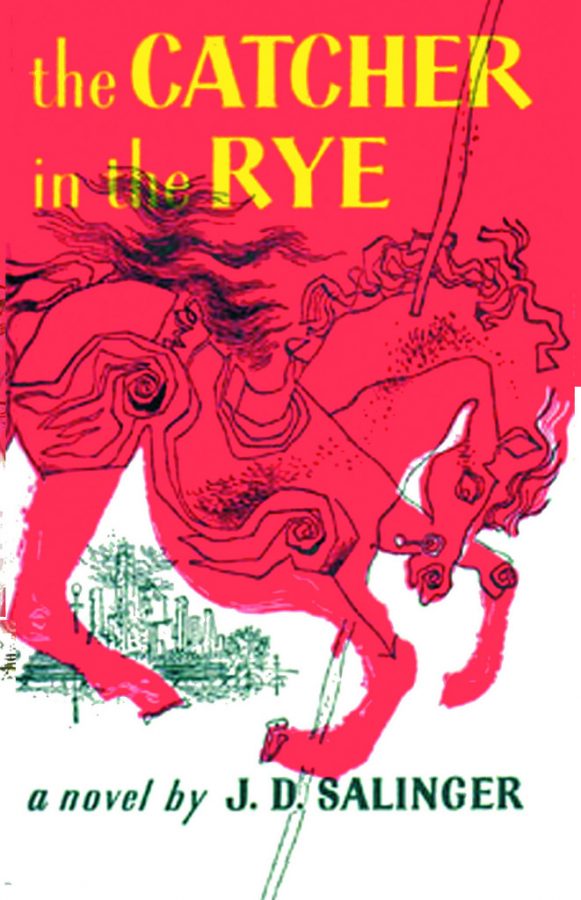I’ve always believed that one man’s trash really is another man’s treasure, mostly because it’s an easy way to end an argument. I, unlike most people I know, like modern art. While my friends and family scoff at Pollock and the whims of ready made artists, I stroll through modern art exhibits with careful focus. I stare at a splattered canvas the same way I stare at the Mona Lisa: with attention, with care, and with the desire to understand.
As traditional art, music, literature and the slew of other creative mediums become more controversial, or rather as artists try to say something that hasn’t been said in thousands of years of human creativity, the line between artistic genius and artistic crap blurs.
Take for example, J.D. Salinger’s classic The Catcher in the Rye. Published in 1951, the story of troubled teen Holden Caulfield told through his words was revolutionary. The casual, rambling diction of a typical teen was something not seen often in literature. Rebellious teens even today cling to Holden’s image as a symbol of the confusion of adolescence, relating to his story even though you hardly hear teenagers calling each other “phonies” today.
Some would call Salinger’s book a work of genius. Yet, much like cilantro or licorice, The Catcher in the Rye has a polarizing effect on its readers. With a few exceptions, the majority of people I’ve talked to either love or hate the novel. Teens today either wholeheartedly see themselves in Holden Caulfield, or have no clue what he’s talking about and see the rambling of the narrative as a disorganized mess.
Is The Catcher in the Rye and the similar “stream of consciousness” genre a product of genius, or simply incoherent writing under the guise of art?
First, it may be necessary to define genius. Definitions are varied, but the general consensus seems to be that genius is exceptional creative or intellectual talent, stemming in most cases from some level of natural ability. Someone can be talented, or good at what they do, but genius is above ordinary greatness; it is rare.
This definition does put Salinger ahead in some ways. First, his work was a rare art for the time. Many people society calls geniuses discovered something, or revolutionized the way something was done. Look at Einstein, Newton or DaVinci, we as a culture respect those who are original. A skilled copycat is still a copycat. It takes genius to be the first. If you’re a Salinger supporter you can also check the column of exceptional creative talent. The Catcher in the Rye was one of his early works, suggesting some level of natural ability, and was well received when it was first published.
But what is talent? If I hate a book does that mean the person who wrote it isn’t talented? How many people have to say something is genius before it can really wear that label?
There is also the question of intent. If a writer puts out a short story filled with elegant symbolism and sensational imagery that academia deems a work of genius and when the writer sits down for her first interview and the public finds out that she wasn’t conscious of any of the symbolism or relatability of her work is she still a genius? Is the story still genius even if it was a happy fluke of the subconscious? Similarly if an abstract artist presents the public with a big blue blob that he vehemently believes represents the powerlessness of man when faced with the mystery of the ocean is he a genius? If his ideas are revolutionary but no one recognizes them as such are they still genius?
I realize I’ve presented you with a lot of rhetorical questions no one can definitively answer. But here are my two cents: I think genius is about influence. If a work is stirring up heated discussion years after its release, if people still stare at it in awe and confusion trying to understand what it means and if it has inspired other works or great confusion and skill, it is genius to me. Art is for discussion. Art is for disagreement. Art is for inspiration that lasts far beyond the artist’s lifetime.
I know we won’t all agree on what is trash and what is treasure but that isn’t the point. The true genius comes from the people who keep the debate alive. If we’re still talking about The Catcher in the Rye it certainly isn’t in the dump yet.


